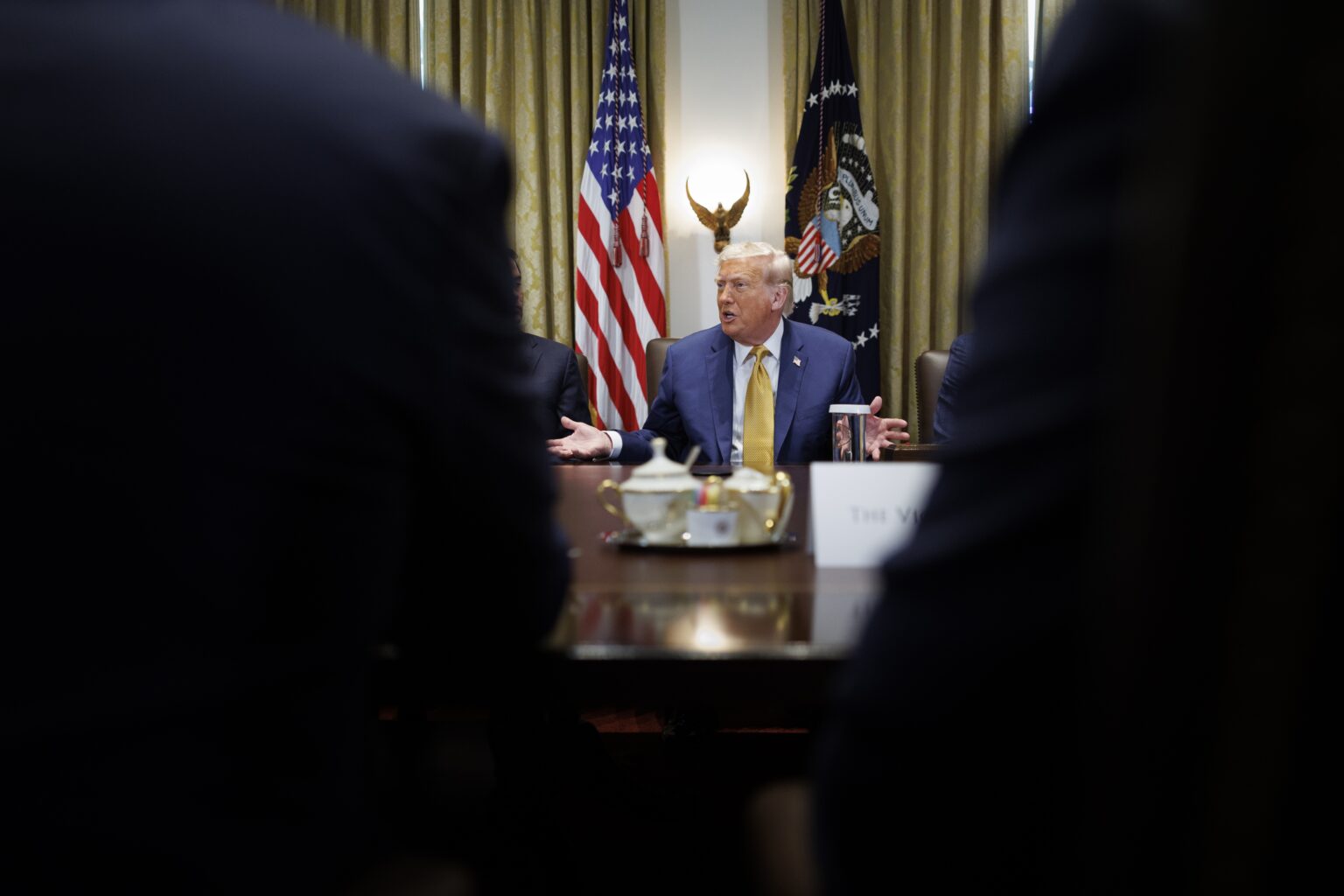President Trump Urges Justice Department to Release Epstein Case Testimony Amid Growing Controversy
On Thursday evening, former President Donald Trump directed the Justice Department to pursue the unsealing of all relevant grand jury testimonies related to the Jeffrey Epstein sex trafficking investigation. This move appears aimed at addressing mounting political pressure and public skepticism regarding the handling of case documents by his administration.
Clarifying the Nature of the Requested Records
It remains uncertain which specific records Trump referenced in his social media statement. Under federal law, grand jury testimonies are classified as confidential, and Trump emphasized that any release would require judicial approval. Notably, records from a 2006 state-level grand jury investigation into Epstein were made public last year following a Florida court order.
Context of the Political and Legal Developments
Trump’s announcement coincided with his threat to sue The Wall Street Journal over a report suggesting he contributed a nude drawing to Epstein’s 50th birthday album in 2003. The report, published Thursday evening, included a note wishing Epstein a happy birthday and implying secrecy with the phrase, “and may every day be another wonderful secret.”
“I will be filing a lawsuit against The Wall Street Journal, NewsCorp, and Mr. Murdoch soon,” Trump declared on Truth Social. “The media needs to be truthful and not rely on sources that likely don’t even exist.”
The Wall Street Journal has declined to comment on the potential legal action.
Government’s Stance on Case Files and Public Outcry
Earlier this month, the Trump administration announced it would withhold the release of Epstein-related case files, citing ongoing investigations and victim protection concerns. The court records released last year revealed that Florida prosecutors in 2006 heard testimony alleging Epstein assaulted multiple teenage girls.
This decision to keep the files sealed has sparked outrage among Trump supporters, who suspect that the government is shielding influential individuals involved in Epstein’s network. Many believe the administration should prioritize transparency and pursue accountability for all implicated parties.
Legal and Political Efforts to Unseal Evidence
Attorney General Pam Bondi announced plans to seek court approval to unseal the grand jury transcripts as early as Friday. However, these transcripts represent only a small portion of the extensive evidence collected-often referred to as the “Epstein files”-which includes a broader array of investigative materials.
Earlier this year, Bondi indicated she would review a list of Epstein’s clients, but subsequent statements clarified that no incriminating client list had been found.
The controversy over the case has also influenced legislative actions. Congressional Democrats have delayed efforts to cut $9 billion in federal funding, insisting on votes to release the Epstein files. This political standoff places GOP lawmakers in a difficult position, balancing constituents’ demands for transparency against the administration’s reluctance to disclose sensitive information.
Reactions from Political Allies and Critics
Following the circulation of the Journal’s report, some of Trump’s allies, previously critical of the White House’s handling of the Epstein case, rushed to defend the former president. Notably, political commentator Laura Loomer dismissed the authenticity of the alleged birthday letter, calling it “completely fake.”
Similarly, Elon Musk, once an advocate for the release of Epstein-related documents and a supporter of Trump, questioned the credibility of the Journal’s account, suggesting it “doesn’t sound like something Trump would say.”
The Washington Post has not independently verified the letter described in the report.
Legal History and Past Litigation
Throughout his career, Trump has frequently sued media outlets over what he perceives as unfair coverage. Many of these lawsuits, including those against CNN, The New York Times, and The Washington Post, were dismissed. However, during his presidency, Trump achieved notable settlements with ABC and Paramount, settling claims out of court.
Details of the Investigation and Sealed Evidence
The Journal’s report detailed that Justice Department officials examined pages from Epstein’s leather-bound birthday album during their investigation, which also involved Ghislaine Maxwell, Epstein’s associate serving a 20-year sentence for facilitating his sexual abuse of minors.
The Justice Department and FBI have declined to comment on the matter. Last week, they issued a memo stating that further disclosures of Epstein-related materials would be unwarranted, citing victim protection and the sealed nature of the evidence. The memo also indicated that no additional individuals were implicated based on the current evidence.
Bondi reaffirmed her stance on the memo, asserting that it “speaks for itself.”
Historical Context and Public Suspicion
The ongoing debate over the Epstein files is complicated by years of public suspicion, fueled by the fact that Epstein died in 2019 while in federal custody-officially ruled a suicide-before his case could be fully resolved. This has led to widespread speculation about the involvement of powerful figures in Epstein’s circle.
Trump’s past associations with Epstein, dating back to the 1980s, have also come under scrutiny. Both men socialized at affluent homes in Manhattan and Palm Beach, often in the company of models and socialites. In a 2002 profile, Trump described Epstein as a “terrific guy” who enjoyed socializing with “beautiful women,” some of whom were notably young.
These remarks resurfaced during Trump’s presidency, especially after Epstein’s arrest and subsequent death, prompting renewed questions about their relationship.
Implications for Transparency and Public Trust
Many experts and advocates argue that the continued secrecy surrounding Epstein’s case hampers justice and fuels conspiracy theories. The existence of extensive videotape evidence from Epstein’s properties, which remains largely unexplained, adds to public suspicion.
As the debate persists, polls indicate that a majority of Americans from both parties believe the government is withholding critical information about Epstein’s case. Despite limited engagement with the details, online search trends reveal a surge in interest in recent days.
Ultimately, the case exemplifies the complex intersection of wealth, influence, and justice, highlighting the ongoing struggle for transparency in high-profile investigations.

